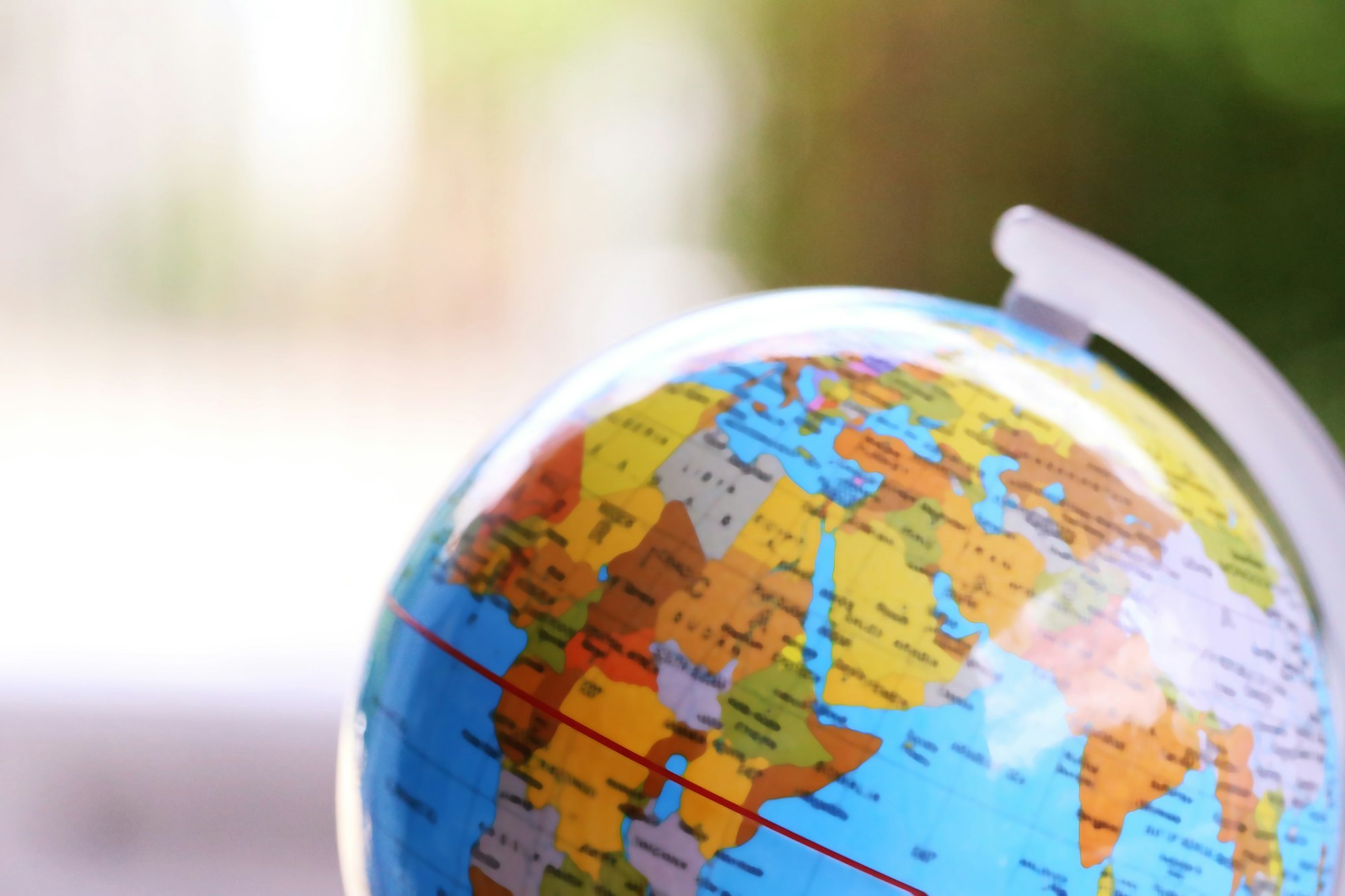In an increasingly interconnected world, globalization has transformed the way we interact, communicate, and perceive the world around us. At the heart of this global phenomenon lies the exchange of ideas, values, and traditions between cultures, shaping the fabric of our shared human experience. In this exploration, we’ll delve into the profound impact of globalization on cultural exchange, examining how it shapes our identities, influences our societies, and shapes the future of our world.
1. Cultural Fusion and Hybridization
Globalization has led to a proliferation of cultural fusion and hybridization, as diverse cultures come into contact and interact with one another. From food and fashion to music and art, cultural exchange has given rise to new forms of expression that blend elements from different traditions and backgrounds. This cross-pollination of ideas and influences enriches our cultural landscape, fostering creativity, innovation, and diversity in our societies.
2. Breaking Down Barriers and Bridging Divides
Globalization has facilitated greater connectivity and communication between people from different parts of the world, breaking down barriers and bridging divides that once separated us. Advances in technology, travel, and communication have made it easier than ever to connect with individuals from diverse cultural backgrounds, fostering cross-cultural understanding, empathy, and cooperation on a global scale.
3. Challenges to Cultural Identity
While cultural exchange can enrich our societies, it also presents challenges to cultural identity and heritage. As cultures interact and intermingle, there is a risk of cultural homogenization and the loss of traditional practices, languages, and customs. Many communities grapple with the tension between preserving their cultural heritage and embracing the forces of globalization that threaten to erode it, leading to debates over issues such as cultural appropriation, authenticity, and cultural preservation.
4. Cultural Diplomacy and Soft Power
Globalization has transformed the way nations project influence and power on the world stage, with cultural exchange playing a central role in diplomatic relations and international cooperation. Cultural diplomacy, through initiatives such as cultural exchange programs, arts festivals, and educational exchanges, promotes cross-cultural understanding and fosters goodwill between nations. Soft power, the ability to influence others through cultural and ideological means, has become an increasingly important tool for nations seeking to enhance their global influence and reputation.
5. Shaping the Future of Our World
As globalization continues to reshape our world, cultural exchange will play an increasingly important role in shaping the future of our societies and our planet. Embracing the diversity of human cultures and perspectives is essential for addressing global challenges such as climate change, poverty, and conflict. By fostering mutual respect, understanding, and cooperation among peoples from different backgrounds, cultural exchange has the power to build bridges of solidarity and empathy, creating a more inclusive, equitable, and peaceful world for future generations.
Conclusion
Globalization has transformed our world in profound ways, connecting us in ways that were once unimaginable and shaping the way we perceive ourselves and others. Cultural exchange lies at the heart of this global transformation, enriching our societies, bridging divides, and fostering greater understanding and cooperation among nations and peoples. As we navigate the complexities of globalization, let us embrace the power of cultural exchange to unite us in our shared humanity and shape a brighter future for all.










